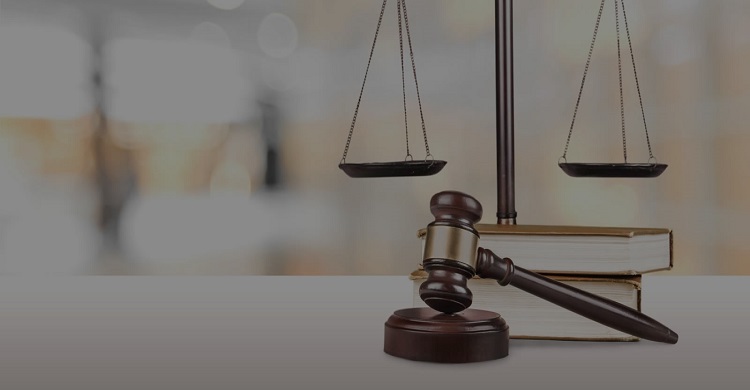How an insane person can seek exemption from Criminal act

Samiur Rahman:
It is a vague concept that “crimes” in general are committed by only “sane” person. But situations of a crime might reveal that the offender was in fact not stable or “insane” at the time of the commission of the crime. So would such mental condition afford such offender exemption from the criminal liability? The answer is “yes” such mentally derailed offender technically “Can” seek exemption under the law. Section 84 of our “Penal Code 1860” provides such unsound (insane) person “General Exemption” from criminal liability. Section 84 says.
“Nothing is an offence , which is done by a person who at the time of doing it , by reason of unsoundness of mind , is incapable of knowing the nature of the act or that he is doing what is either wrong or contrary to the law”
This section is the fundamental basis of “legal” insanity in our country. And known as the “defense or plea of insanity”. Upon paraphrasing the entire section it will unfold some intricate conditions &if an insane person commits any unlawful act he/she must comply with every of such conditions before he/she can ask for court’s permission of clemency.
- The accused must be of “unsound mind” or “non compos mentis”. This means the person committing the crime was either suffering from any disease of mind (temporary or permanent) which prevented him from differentiating right or wrong. And under this sections only (i) idiot (ii) person suffering from any mental disease (iii) Lunatics & (iv) Drunkards can seek the aid of this section.
- And such “unsoundness of mind” must be present at the time of the commission of the crime. Which means the accused must prove that when he/she committed the crime he/she was suffering from any mental condition. For example A is a temporary insane person who murdered B. So if A wants exemption under section 84 he/she must show that at the time of murdering he was mentally deranged.
- And finally his/her permanent / temporary insanity must prevent him /her from anticipating the consequences of his/her actions.
So the advocate of the accused must prove before the court the aforementioned 3 conditions beyond any reasonable doubt and construe defense of insanity which may exempt his/her client from criminal liability.
The writer is a student of law department of Jagannath University

